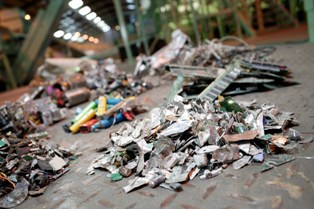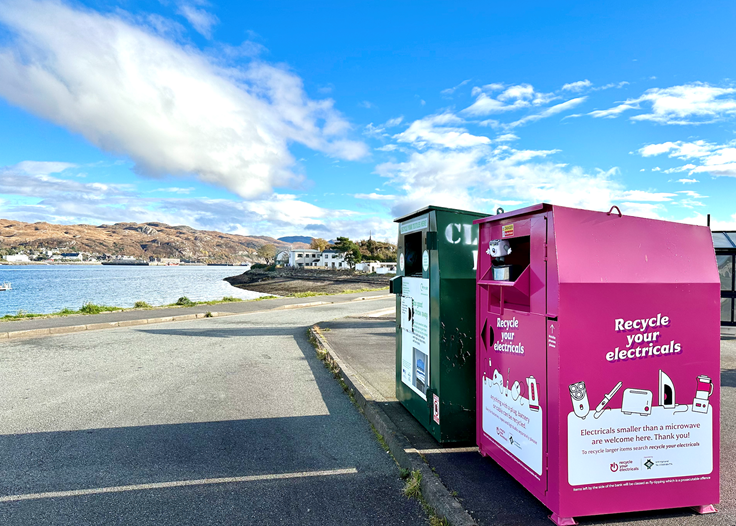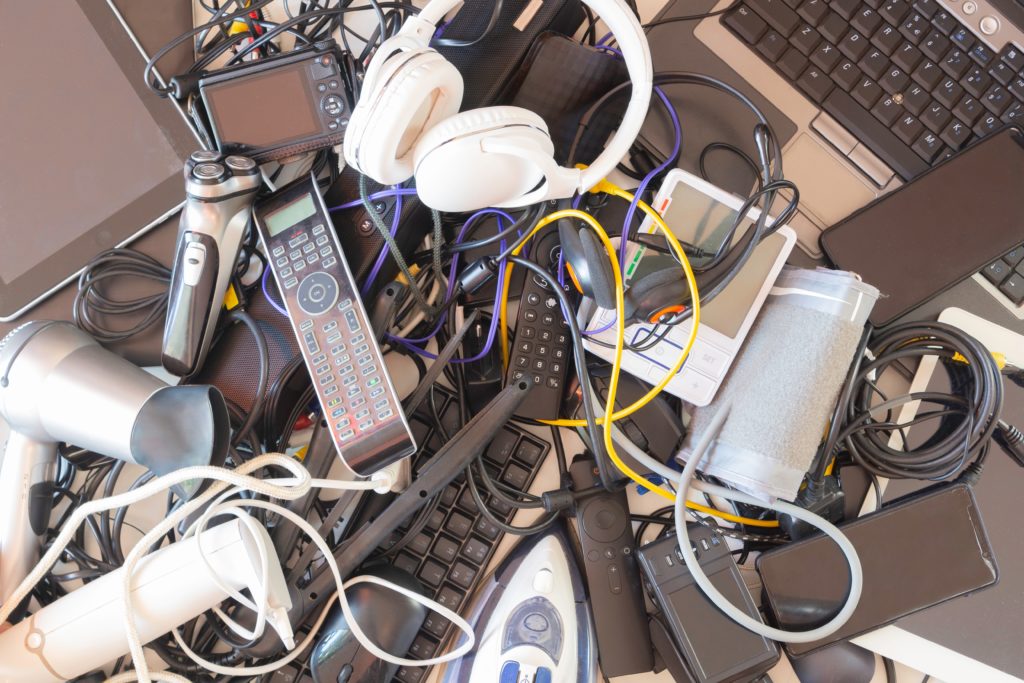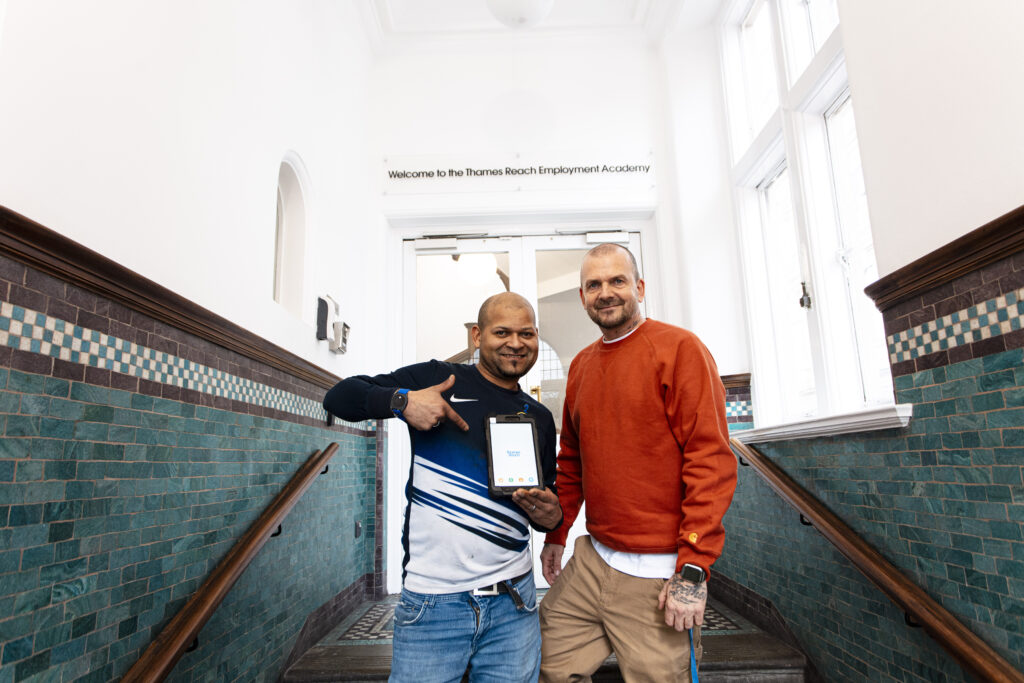WEEE recyclers need to move away from shredding material in order to ensure valuable rare earth metals are not sent to landfill, according to the head of WRAP.
Speaking at the environmental conference Sustainability Live in Birmingham today (May 23), WRAP chief executive Dr Liz Goodwin claimed that canny recyclers of waste electrical and electronic equipment (WEEE) could recover more high value material such as gold, silver, platinum and palladium which are dispersed during shredding and end up in landfill.

According to Dr Goodwin the manufacturing sectors vulnerability to shortages of rare earth materials could be avoided if more of the material can be retained during the recycling process.
She said: Currently, most of our WEEE recycling is generally by shredding. But while this method enables capture of bulk metal and plastics, it doesnt work for some of the raw materials that could be recovered.
Shredding is popular as its cheap, and the outputs have strong overseas markets. But are we missing something here?
These materials can be worth thousands of pounds per tonne. It may be technically feasible to recover these materials but the real question is whether the process can be economically viable and lead to a sufficient yield. Were already working with some WEEE recovery operators to test the commercial viability of this approach.
Prices
According to Dr Goodwin, businesses need to future-proof their operations to ensure that production of new items is not affected by fluctuating prices caused by shortages of valuable materials.
And, she revealed that WRAP would be publishing information in the coming months in order to aid investment toward improving WEEE infrastructure to recover rare earth metals.
The need for this approach becomes even more timely if you consider that the recent recast of the EU WEEE Directive now sets higher collection targets this means that more WEEE items are likely to be coming through the system. It might also start to improve the economics by increasing the amount of WEEE available for re-use and/or recovery of critical metals.
Related Links
Dr Goodwin also said that WRAP is working on a number of projects to encourage manufacturers to extend product life to reduce the amount of waste being produced as well as working on a quality standard to ensure reused products are refurbished to a high standard before being sold on for reuse.










Subscribe for free